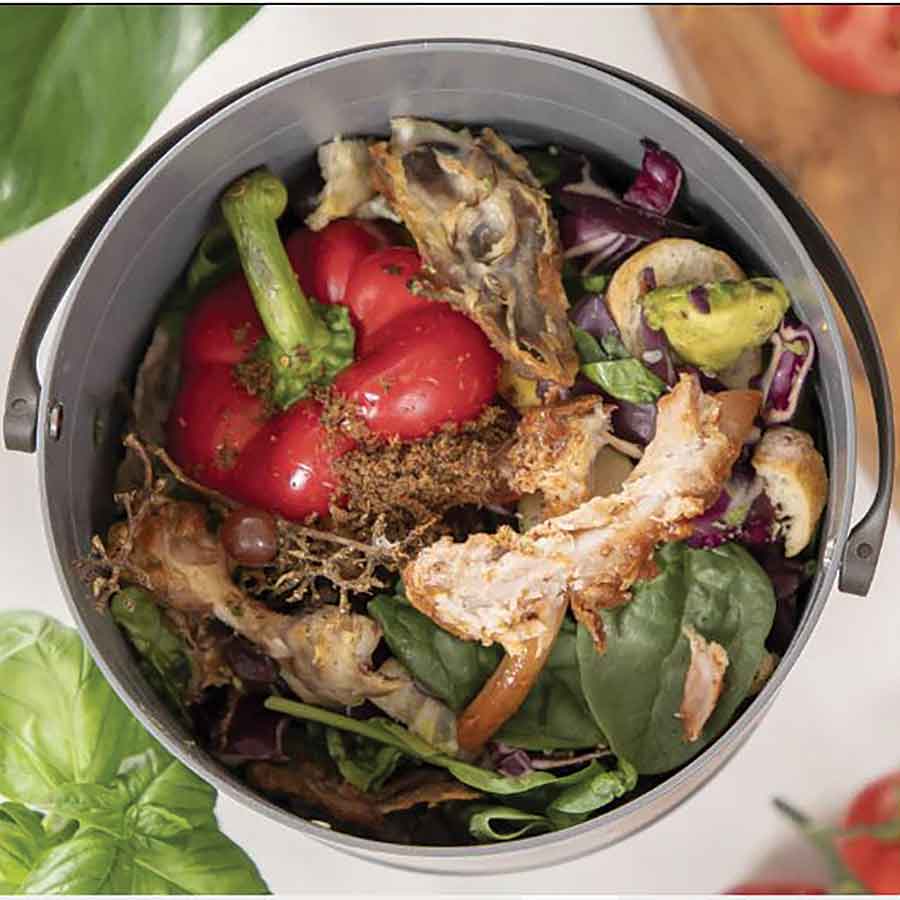Town of Arborg council is considering whether it should subsidize a food-recycling pilot program that will allow residents to turn food waste into nutrient-rich compost.
Residents can transform vegetable cuttings, meat, some animal bones and other food items into natural fertilizer or biogas using a food-waste machine that decomposes the material.
Recyclers help divert food waste from the landfill where they produce methane as they decompose. Methane is a greenhouse gas that contributes to the climate crisis.
The Food Cycle Science Corporation designs, sells and distributes food waste management solutions that aim to tackle the ever-growing problem of food waste, according to its website. It has been partnering with municipalities to offer its FoodCycler appliances at a discount.
Arborg council heard a presentation from a representative of Food Cycle Science during its May 14 regular meeting.
“Council has recommended this be forwarded on to our shared landfill, BAR Waste, which we share with the Municipality of Bifrost-Riverton, to see if this was an initiative that could be shared in our region,” said chief administrative officer Cindy Stansell last week.
Some Manitoba municipalities such as the RM of St. Andrews, RM of Rockwood, Town of Stonewall and the RM of West St. Paul adopted a FoodCycler pilot program in which residents can purchase a machine, track their usage for a 12-week period then provide feedback via a survey to evaluate the success of the program.
According to the RM of St. Andrews’ website, all 50 of the FoodCycler compost machines it had at the start of the program in 2023 were sold, as well as an additional 50 machines for its second intake. When the pilot program ended, residents could keep the FoodCycler composting machine. Results of the pilot program are available on St. Andrews’ website.
Food that can go into the FoodCycler machine include meat, shellfish and poultry scraps, chicken bones, fish bones, vegetable scraps, most fruit, cheese, beans, seed, legumes, coffee grounds, filters and tea bags and eggs and eggshells.
Food that cannot go into the machine include hard, dense bones from beef, pork, lamb and bison, candy, gum, cooking oils, fruit pits, nuts and hard shells, pineapple leaves and watermelon rinds.
FoodCycler appliances cost $150 and $300, depending on size.
Food Cycle Science has set up a Shopify store where residents can order replacement filters, refills and additional buckets.

